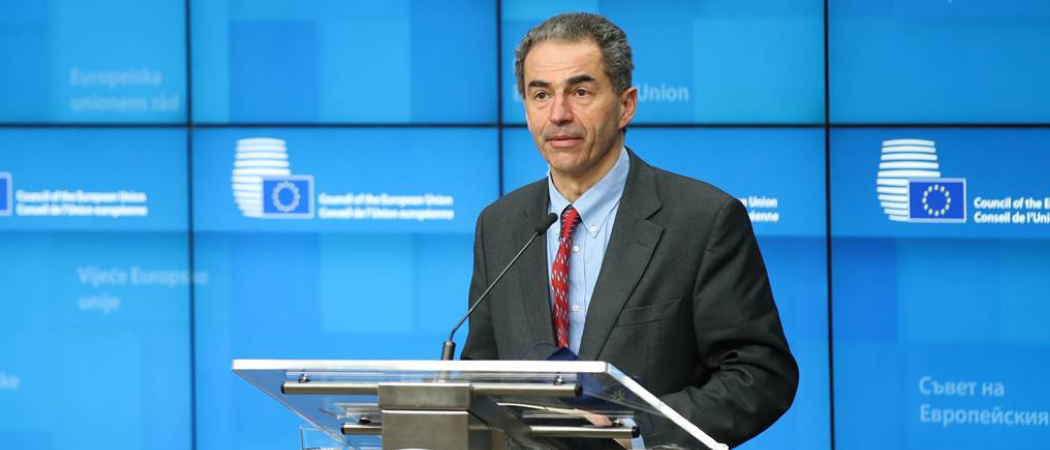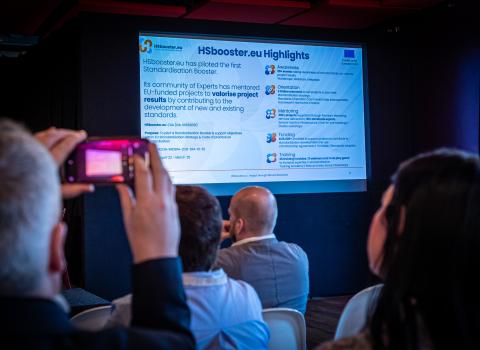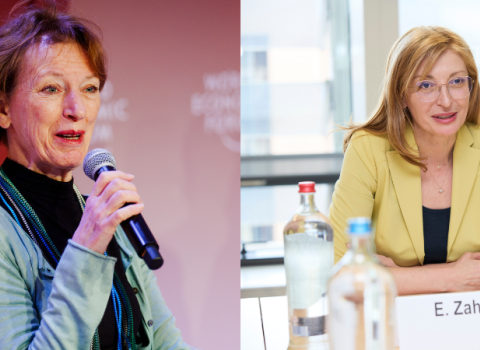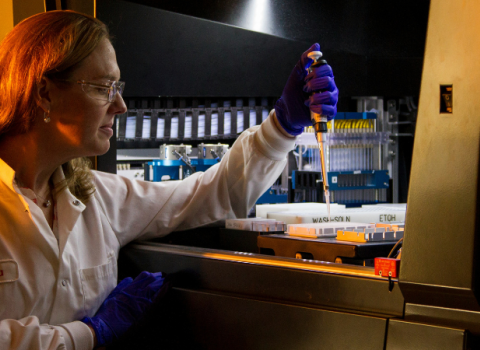EU initiatives have increased the number of young researchers and innovators, but without proper career structures and security of employment this talent pool drain could away

Manuel Heitor, current director of the Technology Policy lab at the University of Lisbon's Centre for Innovation, Technology and Policy Research and formerly Portugal's minister for science, technology and higher education. Photo: European Union
We are facing huge uncertainty and unique challenges: climate change, the threat of another pandemic, war, inequality, various attacks on basic rights, changes in the labour market, fake news and science denial, to name just a few. Young generations have to take on these challenges and do better, to endow their children a better world than the one they inherited.
But while the pool of talent has grown, the quality of jobs available has not kept pace and the evidence shows many young, talented and highly trained researchers across Europe face precarity. If unresolved, this issue could deliver a blow to individual researchers and to our collective capacity to tackle big uncertainties and unique challenges.
It’s clear that Europe needs to boost the quality of research and innovation jobs. With preparations for the next European research and innovation framework programme for 2028-2035 getting underway, the stage must be set for doing this, using data from the evaluation of Horizon 2020 and the interim evaluation of Horizon Europe to underpin future actions.
There is ample evidence that collaborative research and innovation in Europe has greatly benefited from the EU framework programmes for research and innovation.
Since the early ideas of Ralf Dahrendorf, who was commissioner for research in the 1970s, and Antonio Ruberti, who was research commissioner in the early 1990s, strategic joint undertakings have been launched with the aim of bringing together public and private actors, and a range of tools and schemes are now in place, in fields ranging from aeronautics to nanoelectronics and pharmaceutical research.
In parallel, the Marie Skłodowska-Curie Actions and the Erasmus programmes have proved to be influential in creating a sense of belonging to Europe. They foster a collective responsibility among the younger generations and are an integral part of European research.
Similarly, the European Research Council (ERC) has built a unique consensus across the research community. Looking ahead, Europe should strengthen ERC’s scientific independence and ensure its model can inspire other programmes.
In combination with national initiatives, these instruments have provided a much-needed boost and the most recent statistics show that research jobs now make up 1% of the EU workforce, with the number of full-time equivalent (FTE) researchers in Europe jumping from 1.38 million in 2011, to 2 million in 2021. At the same time, the most recent Eurobarometer survey further shows there is a wide consensus about the need to further attract and retain the best talent in research.
But this growth in the number of jobs has not been matched by an increase in their quality. The need to address the precarity many researchers now face was explicitly addressed in the Council conclusions of May 2021 on research careers and in the ‘Pact for Research and Innovation’ agreed in November 2021. In addition, the Gago Conference on EU science policy of June 2022, followed by the Manifesto on early research careers, published in September 2022 by the Initiative for Science in Europe, calls for urgent action. Adding further momentum, a recent CESAER position paper on research careers elaborated key actions that are needed.
Two research projects and consortia funded by the European Commission provide evidence on the evolving situation in Europe, underlining the need for better data and for monitoring the quality research careers. The EU relies on an unacceptable coupling between “project funding” and “contractual schemes”, exacerbating precarity for young researchers and leading to diffuse (an even lack of) responsibility, at individual and institutional levels.
Knowledge networks
Europe cannot stand still in a world of geopolitical fluidity. It has to critically debate its future place in the global landscape in the decades to come. Attracting and retaining high quality researchers and strengthening knowledge networks, together with good career paths for the young generations requires increasing recognition of their research activity.
Europe should also think about establishing frameworks to foster new research assessment methodologies that focus on the quality of research and innovation jobs, in parallel with the quality and the impact of research results. These challenges must be addressed together with a pan-European effort to achieve the 3% target on the investment level in R&D by 2030.
Recent moves over the last month by the European Commission to collaborate with the OECD on setting up a ‘Career Observatory’ and to improve career pathways for researchers are important steps in the right direction but are not ambitious enough.
Priority must be given to implementing open monitoring and reporting systems across Europe about annual progress in framework and employment conditions, including remuneration, social security, type of contract (i.e., short-term, open-ended, permanent, tenured and similar), as well as pension levels. It requires further work, together with ‘pilot projects’, to be developed directly with entities that have such data, starting with a few volunteer institutions, including universities, research organisations and companies.
In addition, the next European framework programme should consider funding instruments oriented towards institutions to foster diversified research careers, across the public and the private sectors, including the third sector.
By “career”, I mean the way researchers are recruited, their work assessed, rewarded and eventually disseminated, conditions of employment and how they, as well as society, can profit from mobility across sectors and countries. The new European Excellence Initiative is well-placed to spearhead this effort, as elaborated in the June 2023 CESAER position paper on research careers.
But the co-design of new institutional funding mechanisms to help clarify employment environments for young researchers must strictly be founded on the defence of freedom of research and consider the EU’s role in protecting researchers at risk. They must foster “collaborative ventures” between research institutions and industry and/or government, in order to support the creation of new high-quality jobs.
Our goal should be to effectively improve access to high-quality research careers across the entire European Research Area, thereby ensuring multi-directional and balanced brain circulation. To reach these goals, it is crucial to mobilise all stakeholders, including national authorities and funding agencies, private foundations and, more generally, the private sector, in cooperation with the European Commission and the European Parliament.
Manuel Heitor is director of the Technology Policy lab at the Centre for Innovation, Technology and Policy Research of the University of Lisbon and was Portugal’s minister for science, technology and higher education between 2015 and 2022. He was secretary of state between 2005 and 2011.





 A unique international forum for public research organisations and companies to connect their external engagement with strategic interests around their R&D system.
A unique international forum for public research organisations and companies to connect their external engagement with strategic interests around their R&D system.